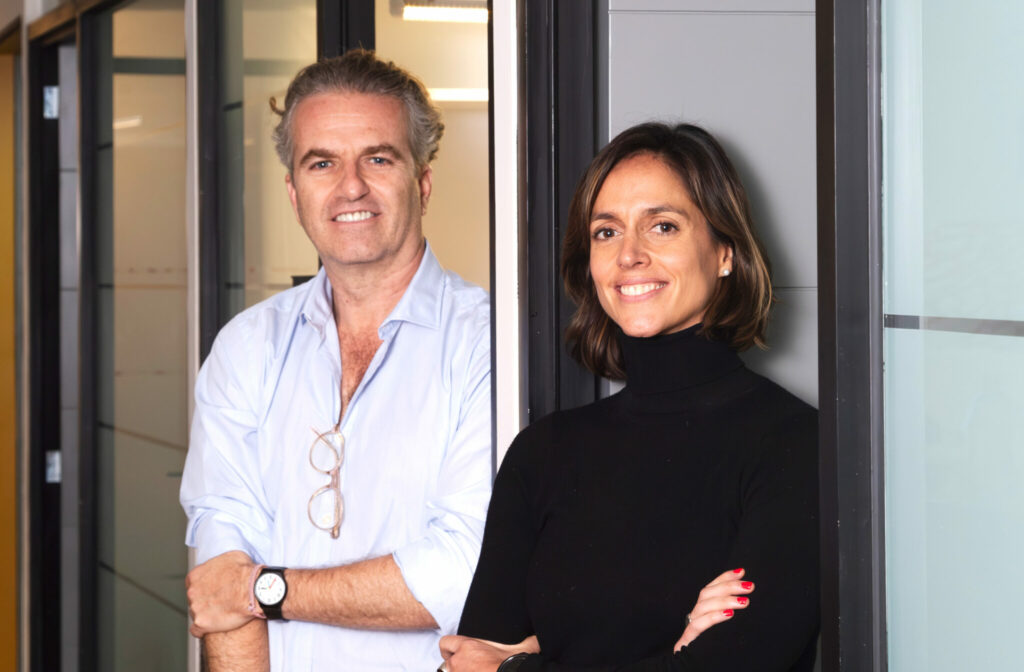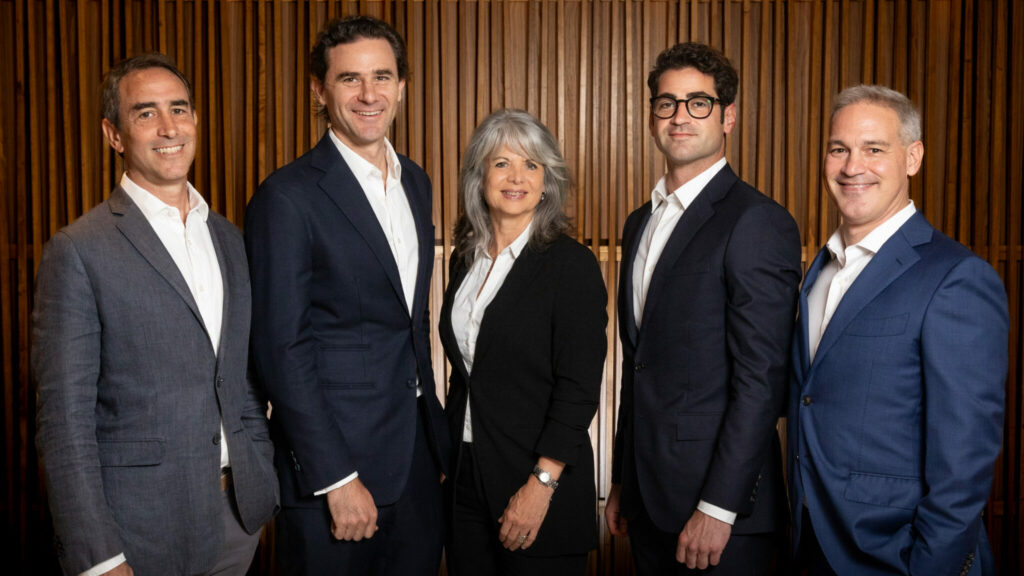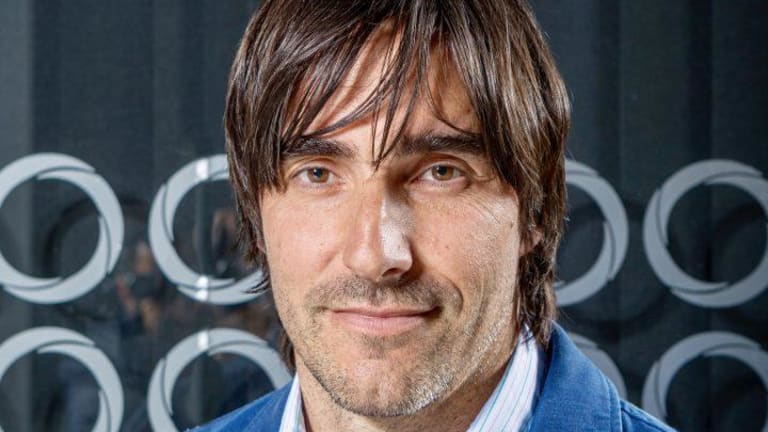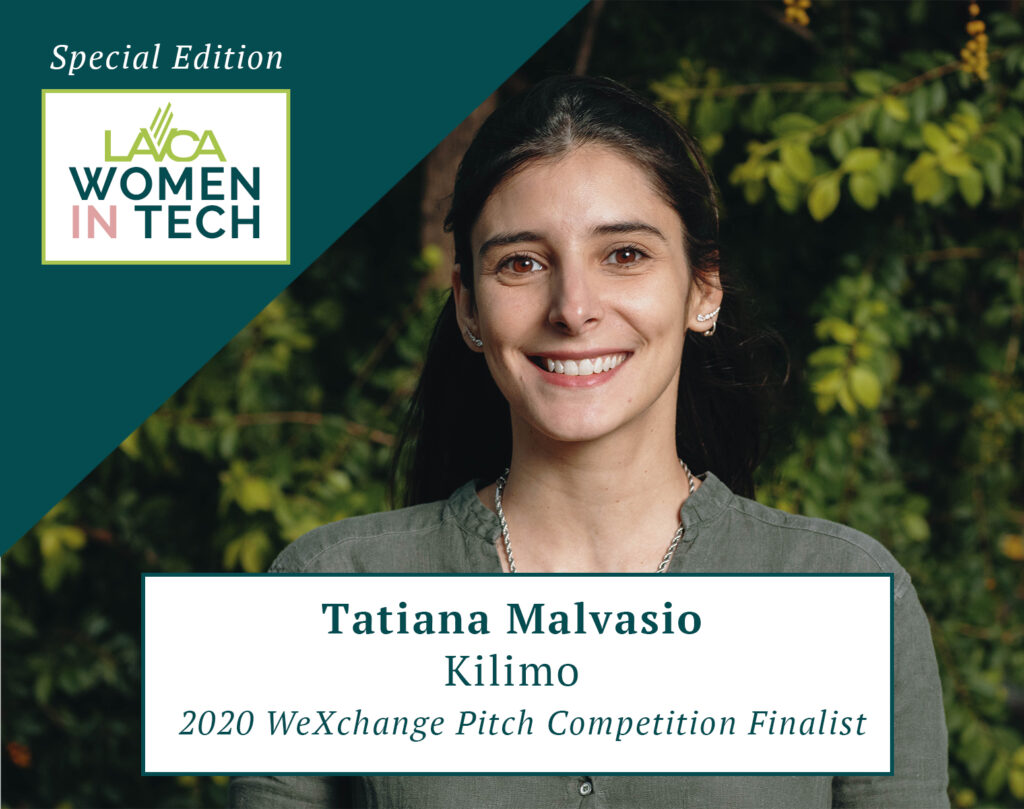Entrepreneur Profiles
Entrepreneur Profile: An Interview with Mauricio Bejarano & Alejandro Gonzalez, Brainz
19 July 2012

Colombian entrepreneurs Mauricio Bejarano, Chief Strategy Officer and Alejandro Gonzalez, CEO & Studio Director of Brainz, recently sat down with LAVCA to discuss the evolution of one start-up and the spinning off of another.
 LAVCA: Brainz is currently a part of ZIO. So first of all, what is ZIO?
LAVCA: Brainz is currently a part of ZIO. So first of all, what is ZIO?
Gonzalez: ZIO is an animation and digital media studio with over 10 years work-for-hire experience with clients in North America, Europe, Asia and Latin America developing TV post-production and rich media projects for major brands including Unilever, Coca Cola, Sony Music, Colgate and Diageo. More recently, we raised a round of venture capital to expand our operations and develop our own portfolio of story-driven entertainment franchises for mobile and social platforms.
LAVCA: How did you come up with your business idea?
Gonzalez: ZIO (formerly Zerofractal) was founded by me and three other architecture students who were really fascinated by the possibilities that increasingly accessible technology offered in creating beautiful 3D visualizations. We felt that architectural scale models and watercolor renderings would quickly become a thing of the past and that clients would start demanding more sophisticated visualizations of buildings, and other structures. We started the company during one of Colombia’s worse economic crises in the early part of the last decade when nobody was building anything. As a result, we started selling our services internationally practically from day one. The global housing and construction boom was picking up and pretty soon we were doing visualizations for major real estate development projects in the U.S., Canada, Europe and even United Arab Emirates.
LAVCA: What type of funding have you received thus far?
Gonzalez: We have raised a total of $2.1M. We received a $200K seed round in 2010 from Mauricio Bejarano, an experienced entrepreneur who had lived in California for about 25 years and who had raised large amounts of VC funding for a start-up called Xdrive during the dot com boom. He really believed in our vision of moving away from services and into developing our own entertainment IPs. He helped us restructure the company and shut down some units that weren’t strategic. We then raised $1.9M from Promotora, a VC fund based in Colombia. They understood the tremendous potential of the global gaming market and really believed in our team’s ability to seize that opportunity.
LAVCA: Mauricio, what was the key factor that led you to become an angel investor in ZIO? How has your role grown beyond simply providing capital?
Bejarano: When I met Alejandro and Eduardo, ZIO’s other co-founder, I was working as chief of staff for the Vice President of Colombia helping coordinate technology and innovation policy and promoting the development of creative industries. ZIO had a stellar reputation as a top-notch animation studio, one of the best in Latin America. They had a pretty compelling vision of leveraging their animation and storytelling DNA to create their own properties and were looking to finance several projects. They had both talent and the experience. After I invested, I also became very involved in making major strategic decisions, streamlining operations, making key hires (including a CFO), and connecting them with my networks back in California. I am currently a board member and Chief Strategy Officer, which is just a fancy way to say I still lead all VC-related issues.
LAVCA: How did ZIO change or improve its business model as a result of feedback from investors?
Gonzalez: I think we have gone through a process of significant professionalization and cultural change thanks to the involvement of outside investors. Colombians are naturally risk-averse and failure is seen as shameful. At ZIO we have managed to create a culture of calculated risk-taking, learning, and failing as fast and as cheaply as possible. We made a beautiful 3D animated short because we thought becoming the Pixar of Latin America was one way to build these valuable franchises. Once we understood the economics of the film industry and realized that this strategy wasn’t viable, we were able to pivot into videogames, a much more solid and emerging opportunity at a global level. We simply have a different mindset right now and this is a result of working closely with our investors.
LAVCA: Tell us a bit more about Brainz games. How did the idea evolve?
Gonzalez: We were pursuing two tracks to build entertainment properties. As mentioned, one was aimed at developing animated films. The other track was making games. We had done advergames before, which are essentially simple branded games for corporate clients, but we had not tried to make a true standalone product. Gaming markets had been growing exponentially over the past few years – and we had already seen successful exits in Argentina, Chile, and Brazil. We really believed that we could leverage our animation and graphics experience to create uniquely compelling games that could compete internationally. Also, we didn’t want to target casual gamers. We wanted to go after the mid-core market, which is an expanding and very lucrative segment that plays to our strengths because those users demand rich storyworlds and more sophisticated mechanics.
LAVCA: Brainz has already received angel and VC investment. Are you looking for additional financing?
Bejarano: Actually, all of the angel and VC investments we have received have gone into our parent company, ZIO. We used some of the proceeds to expand our services operation internationally and the rest to develop some of our content projects. Now that we have a portfolio of four games coming out this year and that we’re getting traction, we will be spinning off Brainz into a standalone U.S. corporation this fall and will be seeking a Series A primarily from U.S. and European investors.
However, we have been watching with great interest how active major Japanese gaming companies have been in Latin America. They are very strategic, having visited Colombia and other countries, and invested in some studios. So we are keeping all of our options open.
LAVCA: How do you plan to put your next round of financing to use?
Bejarano: We will use the proceeds in three areas: strengthening our production capabilities by growing from our current headcount of 30 to about 45-50 so we can continue to develop games with the high production values and depth our users demand and to build a strong matching analytics capability. We will also open an office, most likely in California, and have key senior management functions there, including business development. Lastly, we will invest in marketing and distribution on emerging platforms while solidifying our relationships with major publishers.
LAVCA: What is your most pressing strategic challenge right now?
Bejarano: The whole gaming ecosystem is facing tremendous turmoil. For instance, mobile user acquisition costs are rising exponentially and discovery of new apps and games on iTunes and on Android stores is broken. The economics of the industry are under pressure and there is likely to be consolidation as smaller studios get acquired while major distributors and publishers flex their muscle to get the best content into their networks. Our challenge is to maintain our vision of creating great games and entertainment IPs and trust that quality will win the day. To do so, we will need to continue finding and working with the right global partners, distributors, and investors who share the same vision. There is just a lot of noise and low quality stuff out there.
LAVCA: Where do you hope to see Brainz and ZIO five years from now?
Gonzalez: My sincere hope is that we will have built a world-class operation with a reputation for putting out innovative, compelling, and groundbreaking titles again and again. It’s hard to predict whether we will remain independent or not, but I can tell you that we are not interested in making a quick buck and sitting on a beach somewhere. We are passionate about what we do and it shows in our work. There are major studios like Blizzard that have kept their creative DNA year in and year out. There are no major studios like that in Latin America. Perhaps we can be the first one.
LAVCA: What are your thoughts on entrepreneurship in Colombia? What changes would you like to see that would help spur the development of the startup community?
Bejarano: Entrepreneurship in Colombia is still relatively weak. We think the main reasons are a cultural aversion to risk, lack of role models, and lack of early stage financing. Things are changing however, and the current government is making some serious bets in strengthening the entire ecosystem, including funding for start-ups and for major science and technology projects. We think Colombian entrepreneurs need to think globally – for far too long we looked inward as a nation because we felt under siege. It is a new dawn for our country and we are the darlings of the world in many ways, and we have a tremendously talented and educated population. You see Argentines and Chileans in Silicon Valley all the time. It’s time for us to look beyond our borders and have the confidence to compete with our ideas.
You may be interested in...
-

Is AI a Thing in Latin America? In Conversation with Hi Ventures
LAVCA sits down with Hi Venture to discuss their evolving thesis and vision for...
-

The Future of B2B Startup Investing in LatAm: In Conversation with NXTP
NXTP Ventures recently reached a USD98m final close for NXTP Fund III, its third...
-

A 20-Year Journey: An Interview with Technisys CEO Miguel Santos
Company: Technisys Investors: KASZEK, Dalus Capital, Riverwood Capital Interview...
-

Satellite Analytics & Irrigation Systems: Interview with Kilimo COO Tatiana Malvasio
Company: Kilimo Investors: NXTP Ventures, Alaya Capital, The Yield Lab, Xpand...